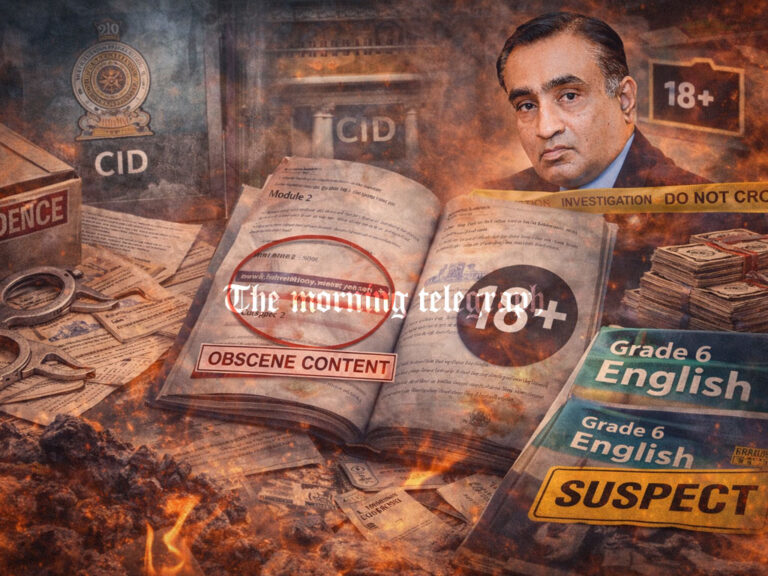
In a recent press conference held in Pitakotte, Udaya Gammanpila, Sarvajana Balaya Koloba district candidate and lawyer, questioned the Sri Lankan government’s transparency regarding its borrowing activities. Gammanpila highlighted a recent $200 million loan from the World Bank, contradicting statements made by Minister Vijitha Herath, who claimed that the new government under President Anura Kumara Dissanayake had not taken any loans from international institutions.
According to Gammanpila, the World Bank’s website documents the loan as part of its Second Resilience, Stability, and Economic Turnaround (RESET) Development Policy Operation (DPO), signed on October 7, 2024. The program aims to support Sri Lanka’s economic reforms, improve governance, and protect vulnerable populations as the country continues its economic recovery. “Minister Herath’s claim is a complete lie,” Gammanpila said, urging citizens to visit the World Bank’s website to verify the information for themselves.
Gammanpila asserted that the government should clarify the discrepancy, stating, “Either the World Bank is lying, or the government is. Both these stories cannot be true.” He raised concerns about the transparency and accountability of the current administration, which he claims has misled the public regarding the nation’s debt commitments and financial strategies.
This loan, part of a larger financial package from the World Bank, has been a critical element of Sri Lanka’s recovery strategy. It includes measures to boost economic stability, enhance tax revenue, and improve the regulation of the financial sector, while also addressing social protections for the poor. The government’s decision to accept the loan was seen by some as necessary for stabilizing the economy, though it now risks political fallout due to conflicting official statements.
Senaka Mangala Eriyagolla and Kumara Rajaratta, both present at the press conference, echoed Gammanpila’s call for transparency. They expressed concern over the government’s conflicting narratives on borrowing and emphasized the need for clear communication with the public about the nation’s economic situation.
The controversy underscores a significant debate within Sri Lanka regarding the government’s reliance on international loans for economic recovery. While some view these funds as essential to stabilizing the economy and advancing reforms, others argue that additional debt could further strain the country’s finances. The government now faces pressure to address the discrepancies in its official statements and provide a clear picture of the country’s economic commitments and plans for sustainable growth.




